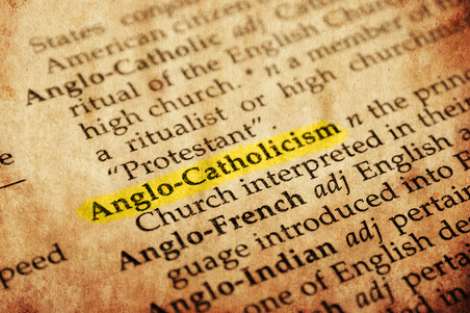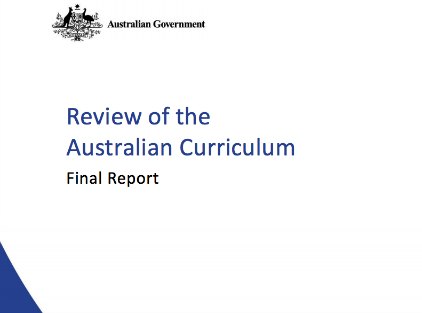Keywords: Designing A School System For Building A More Socially Cohesive Australia
-

RELIGION
- Frank Brennan
- 30 August 2017
6 Comments
'There was one controversy in which Lionel Bowen was involved that does provide good lessons for the contemporary Catholic considering the desirable law or social policy on a contested issue - lessons for the citizen weighing what is for the common good. Back in 1979 there was debate in the Parliament on a motion which was framed to stop Medicare funding of abortions. Bowen, a strict Catholic, was strongly opposed to the motion. He did not think the motion was about abortion. He thought it was about money.' Frank Brennan's 2017 Lionel Bowen Lecture
READ MORE
-

ENVIRONMENT
- Frank Brennan
- 28 November 2016
'No matter what the economic, political and legal problems confronted by modern day India, our response can be improved by an application of the key principles and norms developed in the international law of trade and human rights, helping to enunciate the realm of law, regulation and political accountability, enhancing public scrutiny providing the right environment for doing business.' Frank Brennan presents the 25th JRD Tata Oration, Xavier School of Management, Jamshedpur, India, 26 November 2016.
READ MORE
-

RELIGION
- Kevin Donnelly
- 31 August 2015
23 Comments
Various state based legislation argues that education in government schools should be secular in nature, but it does not rule out a place for religion in the general curriculum. To argue that religions should have a greater place in the school curriculum is not to proselytise. Rather it is to recognise that, while we are a secular society, students need to encounter a more transcendent sense of life that incorporates a strong moral, spiritual and ethical dimension.
READ MORE 
-

RELIGION
- Chris Middleton
- 16 October 2014
5 Comments
Federal Education Minister Christopher Pyne has supported a national curriculum, while some observers have cautioned that it is not the panacea for improving educational standards that many may hope for. The Federal Review report released in the past week addresses many of the concerns, and on the whole their recommendations seem appropriate and constructive.
READ MORE 
-

RELIGION
- Frank Brennan
- 22 November 2011
16 Comments
The National Apology began a process of relationship-building with Aboriginal Australians. This process has come to an end, with ministerial calls for racially targeted docking of welfare payments for parents whose children are not attending school on remote communities.
READ MORE 
-

RELIGION
- Frank Brennan
- 19 March 2010
4 Comments
The challenges and opportunities are to fund equitably all
networks in education and to ensure that robust morale and community
engagement are hallmarks of all parts of the network, including state
schools and emerging schools such as Muslim schools.
READ MORE